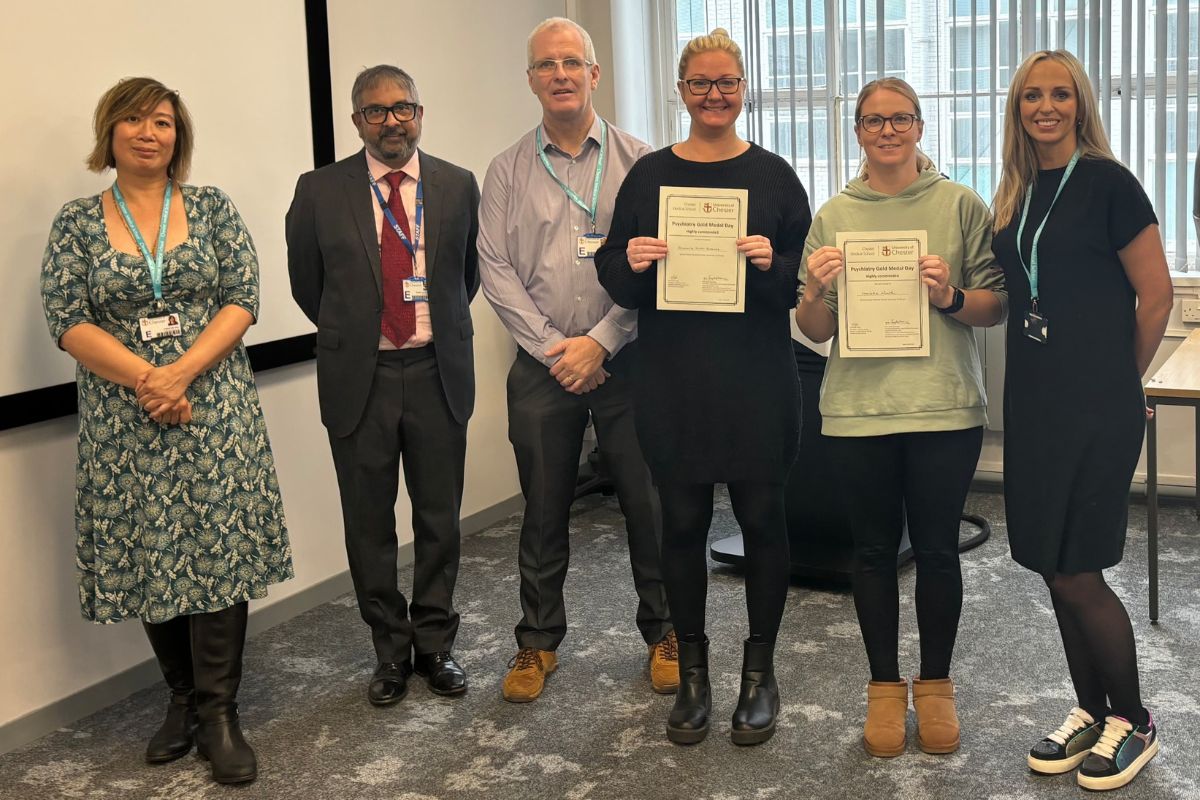The Best-Kept Secret in Education: Why Access to HE Matters

I’ll admit it: until I joined an Access Validating Agency seven years ago, I knew little about Access to Higher Education (HE). That’s a bit embarrassing to confess, especially now that I’m so passionate about it.
But it’s also telling. Because if someone like me, with years working in education, didn’t know much about it, how many others are missing out on this gem of a qualification?
It’s a question that’s been on my mind as I speak to providers at sector events across the country.
Changing Lives
Interestingly, Access to HE is a qualification that’s been around since the 70s. It was developed to help people retrain when industries like coal mining and steel manufacturing were crumbling, and the government needed more people to train as teachers.
Today, it’s available for learners from all walks of life. People who’ve faced family struggles, health setbacks, or even fled persecution to start anew in the UK.
Access to HE learners are a diverse group, and I think that’s what makes it so special.
We call it the best-kept secret in education, though I wish it weren’t so secret.
It’s a pathway to university, degree apprenticeships, or other Level 4 qualifications like HNCs and HNDs – Options that might otherwise feel out of reach.
What gets me most is how it changes lives. I’ve seen it firsthand: a single parent getting a better job after a degree, a refugee rebuilding their life, a mature learner discovering confidence they never knew they had.
Foundations for success
According to data from the Quality Assurance Agency (QAA), more than 38,000 learners were registered for an Access to HE Diploma in 2022. Of those progressing to HE, 77% stayed local to study, and a quarter came from disadvantaged areas. That’s more than double the rate of other Level 3 routes.
Learners who come through Access to HE are also more likely to stick with and succeed in their higher education studies than those from other Level 3 routes, even A-levels.
It’s because they’re prepared – research skills, study habits, academic grit – all built into the course. And, UCAS data also shows strong progression into a wide range of undergraduate courses, particularly in health and education.
So why isn’t it shouted about more? Partly, I suspect, it’s the loan. Yes, it’s fully written off if you complete a degree, and you don’t repay a penny unless you’re earning over £27,295. But taking on debt still worries people, especially with the cost of living biting hard.
Then there’s the competition: Level 3 apprenticeships and free courses for jobs have had a funding boost lately, pulling focus away.
But Access to HE isn’t just another option – it’s the option for those set on higher education.
I’ve met learners who prove its worth: a single mum I know did an Access course after years out of education. She’s now a nurse with a degree, supporting her family better than ever. A refugee who escaped war in his home country took a similar route. He’s studying engineering now, building a new life.
Raising the profile
Providers need to keep Access to HE on the table, not let it fade behind flashier alternatives. That’s why regular events like the ones we host matter.
We held a really successful Access to HE event in Leeds recently, bringing together providers, learners, and advocates to explore what this qualification can do.
The energy was high – ideas flying, stories shared. So much so we’ve planned similar events in other parts of the country for colleges and training providers to dive into Access to HE, hear from those who’ve made it work, and see how it fits their learners’ ambitions.
My worry? That Access to HE fades away into the background, that’s why we’re trying to raise its profile.
It’s a qualification that genuinely opens doors, lifts families, and builds futures. Let’s not let it be a forgotten qualification.
By Fabienne Bailey, Chief Executive Officer of Gateway Qualifications











Responses